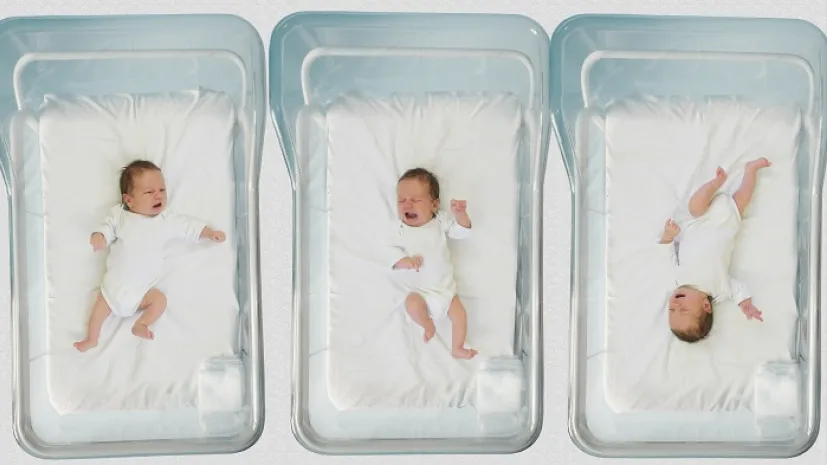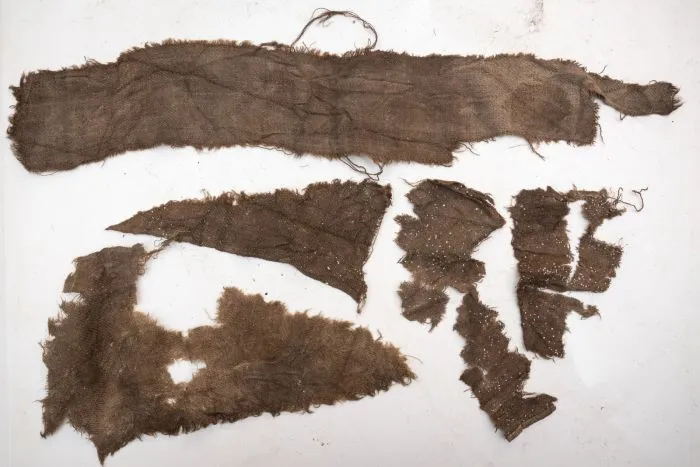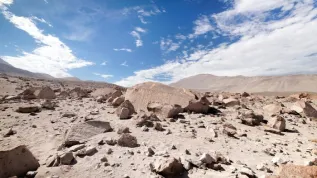-
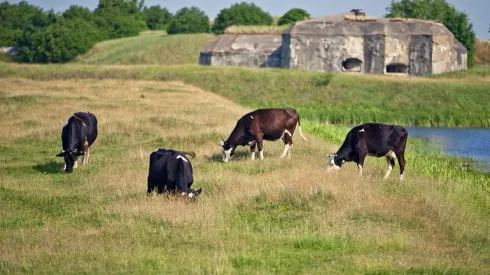
We prefer clear parks and mysterious forts, new study finds
Wild-looking parks are perceived as less safe than parks with visible human intervention, say Polish scientists who studied the impact of green spaces on visitor preferences. For respondents, dense vegetation is acceptable in forts, as it adds mystery to the objects.
-
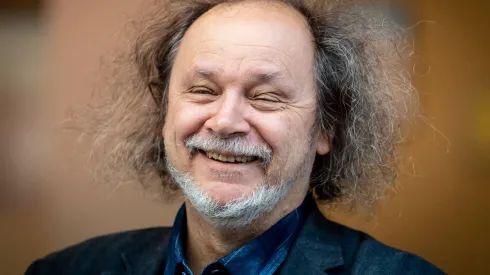
Professor Włodzisław Duch: Artificial intelligence changes everything
There is an accelerating progress in the methods of measuring brain activity, analysing neuroimaging and electrophysiological data, and understanding the processes taking place in the brain.
-

Good relationships with others reduce risk of depression
Cordial daily contacts at work and in the family reduce the risk of depression by 27 percent, while loneliness increases this risk by more than 30 percent, scientists have determined on the basis of the medical records of employees.
-
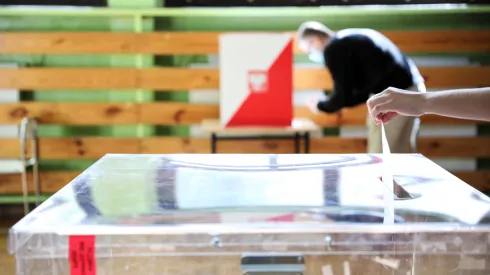
Political apathy can be broken through good example, says psychologist
People with a low sense of sociopolitical control, for example those who do not believe that they have any influence on politics, do not always decide not to vote in elections. Their political apathy can be broken if the people around them are active and set an example of positive civic attitudes, says psychologist Dr. Anna Potoczek.
-
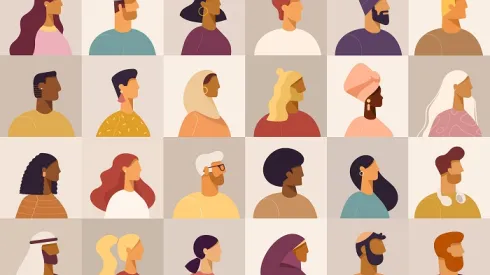
Get rid of race category in medicine, say researchers from universities of Adam Mickiewicz and Jagiellonian
Scientists have proposed that the categories of race and ethnicity be replaced in medical literature as they are often imprecise and unjustified which could lead to errors in data interpretation.
-

‘We all benefit from self-sacrifice of medical trial participants’, says bioethicist
Access to thousands of drugs, vaccines, new therapies... We are all beneficiaries of the self-sacrifice of people who agree to participate in medical trials, says bioethicist Professor Paweł Łuków. In his opinion, participation in such research is a matter of social solidarity, and thus ... an unwritten obligation.
-

Scientists study affects of war on Ukrainian women refugees
Researchers from Poland, Ukraine and Spain are surveying Ukrainian women refugees to see the affect of war on postpartum depression.
-

Politicians a 'danger to understanding climate change', say experts
Climate change experts have warned about the increased influence of ‘misleading political narratives’ and the ‘danger it poses in reinforcing polarisation’ around green issues.
-

Polish researcher proposes treatment for chronic fatigue syndrome
The combination of whole body cryotherapy with static stretching exercises reduces fatigue and improves functioning of the autonomic nervous system and significantly improves the quality of life of patients with chronic fatigue syndrome

